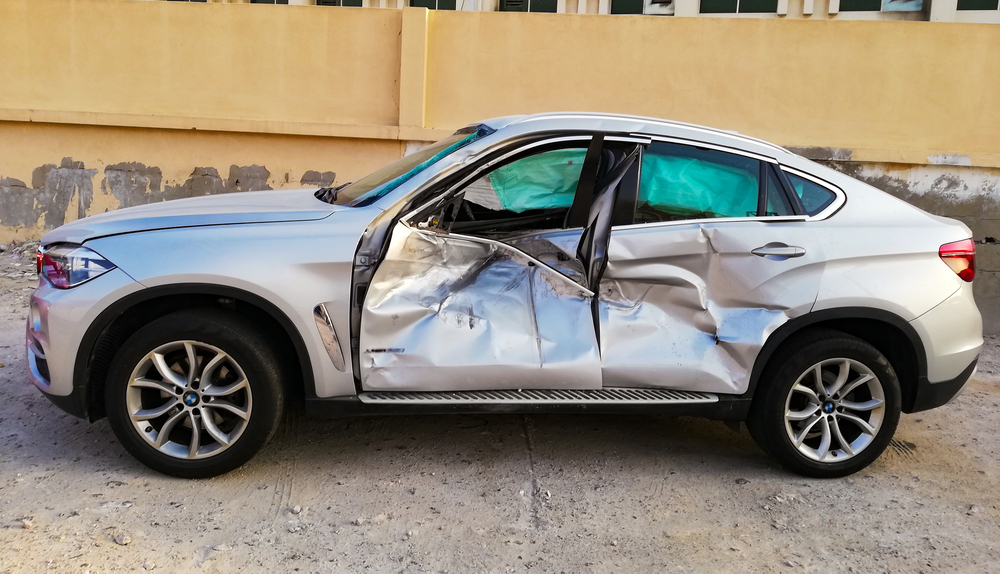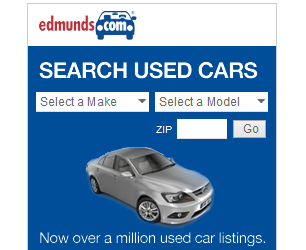What is a Total Loss Vehicle?
Valerie Raskovic

A vehicle is considered a total loss when it undergoes significant damage due to various events such as collisions, storms, fires, thefts and other types of catastrophic damage. Typically, a vehicle is declared a total loss by the insurance company when the vehicle is damaged to the point where the cost of repairs exceeds the vehicle's value. But what exactly does this mean and what are the implications for the vehicle's owner and potential buyers?
How is a Total Loss Vehicle Determined?
The process of determining whether a vehicle is a total loss typically involves an inspection by the insurance company's adjuster alongside the auto body repair shop. The adjuster will assess the damage to the vehicle and estimate the cost of repairs based on the replacement part costs, repair time, storage fees and repair related materials such as paint and primer. If the cost of repairs exceeds the vehicle's value, the vehicle will be declared a total loss. At which time the insurance company will typically pay out the vehicle's actual cash value (ACV) to the owner rather than repairing the vehicle.
What Happens to a Total Loss Vehicle?
When a vehicle is declared a total loss, the owner typically has several options:
- Accept the insurance payout: The owner can accept the insurance payout and use the funds to purchase a new vehicle or pay off the loan on the damaged vehicle. The vehicle is usually then picked up by the insurance company and sold at a popular car insurance auction like Copart or IAA. The vehicle is typically purchased by a dismantler who will acquire the vehicle in order to dismantle the car and sell its individual components. The vehicle may also be purchased by a car dealer or a repair shop for the purpose of rebuilding the vehicle and selling it for a profit.
Once a vehicle is declared as a total loss by the insurance company, the Department of Motor Vehicles (DMV) or a similar government agency will assign the vehicle a branded title. A branded title is a designation assigned to a vehicle that indicates it has a significant issue or problem, such as damage from a flood, fire, or accident, or that it has been rebuilt or reconstructed after being declared a total loss. Branded titles can affect a vehicle's value, safety and resale potential and are typically assigned by the state. There are many types of branded titles out there, from the more popular Salvage car brand to the more obscure TMU (Total Mileage Unknown).
Owner Buyout and Repair: In some cases, the owner may choose to repair the vehicle themselves. This may involve a process of buying the vehicle back from the insurance company using a portion of the ACV payment or negotiating with the insurance agency directly for a decreased payout, allowing you to keep the vehicle. Do not make the mistake of assuming if you decide on keeping the vehicle, it will not be assigned a branded title and be required to undergo the state mandated inspection process. Most US states will issue a branded title regardless of who buys the total loss vehicle from the insurance company. Except for cases of collector cars and cars that hold significant sentimental value to the owner, it is generally not a fiscally sound decision to buyout the vehicle from the insurance and attempt to use the total loss payout to repair the vehicle. In most cases the repair and buy out costs will surpass the actual ACV payout.
Owner buyout and sale: The owner may choose to buy the vehicle back from the insurance company and sell the vehicle to a salvage yard or a private buyer. As this option may appeal to some more business-minded car owners, it is generally frowned upon, as it does carry some legal liability selling a damaged vehicle on a retail market. And just like with all the other options, most likely the vehicle will carry a salvage title for the rest of its days.
What are the General Implications of a Total Loss Vehicle?
A total loss vehicle can have significant implications for the owner and potential buyers, including:
- Financial loss: The owner may lose money on the vehicle, as the insurance payout may not cover the full value of the vehicle. The owner may not be able to sell the vehicle for its average private party price, as vehicles with a total loss history tend to lose as much as 50% of their value.
- Loss of transportation: The owner may be without a vehicle for a period of time, which can be inconvenient and costly.
- Safety concerns: Most total loss vehicles can be legally repaired and put back on the road; however, the vehicle condition and future performance, as well as safety, will greatly rely on the quality of the repairs. Vehicles with a history of total loss damage are generally considered not as safe or reliable as vehicles with a clean history. This is the exact reason why many states, such as MA, require additional safety-related inspections to be performed on reconstructed vehicles being put back on the road. Buyers are advised to stay clear of vehicles with a total loss history.
What to Do if Your Vehicle is Declared a Total Loss
If your vehicle is declared a total loss, there are several steps you can take:
- Decide if you wish to keep the car: Before taking any action, do the math and think very hard about which direction you want to go.
- Negotiate for a better deal: Contact your insurance company and always negotiate, as the insurance may not pay out the full replacement cost of the vehicle, so it helps sometimes to do some research and provide comparable vehicle sale listings to your insurance company in order to get the best ACV.
- Get a repair estimate: If you decide to keep and repair the vehicle, your first course of action would be to obtain a repair estimate from multiple local reputable repair shops. This will help you determine the cost of the repairs.
- Review your policy: Review your insurance policy to understand your coverage and any limitations.
- Seek advice: Consider seeking advice from a professional, such as a lawyer or a financial advisor, to help you navigate the process.
Regardless, if you are in the market for a new vehicle or if your vehicle was involved in a catastrophic event rendering it a total loss, it's essential to understand the implications of a total loss vehicle and to take the necessary steps to protect your interests. This is why it is so helpful to run a full vehicle history report. Regardless, if you are buying a car or selling it, a Vehicle History Report can help build trust and provide some much-needed transparency in the used car selling process.
Read more articles

